Rajshahi, July 25 (V7N) – Tanore, a rural area in Rajshahi, is facing a growing environmental crisis as the local biodiversity, particularly the population of beneficial birds, is rapidly declining. Excessive pesticide use in agriculture, chemical waste from mills and factories, and the use of illegal fishing nets are among the primary factors driving this alarming trend. These practices are not only killing useful insects and birds but also accelerating habitat loss due to unchecked urbanization and deforestation.
One of the most noticeable impacts is the disappearance of various native bird species, which once thrived in the fields and wetlands of Tanore. Local farmers recall how, a decade ago, fields were abundant with native birds such as the white heron, dove, and myna, especially during the farming season when these birds would feast on harmful pests while farmers ploughed their fields. These birds played a crucial role in pest control, providing natural protection for crops.
However, in recent years, these birds have become increasingly rare. Only a few can be spotted during the winter months, mostly near agricultural lands or water bodies. According to locals, white herons, which were once a common sight in rice paddies, are now nearly absent. They used to help in eliminating pests like grasshoppers and other insects by feeding on them, thus indirectly protecting crops.
The disappearance of these beneficial birds is primarily attributed to the excessive use of pesticides, chemical waste from nearby industries, and the destruction of forests for urban expansion. With fewer trees left, the birds lose their natural habitats, making it difficult for them to thrive. Furthermore, the illegal hunting of birds and the use of harmful fishing practices like "China nets" are contributing to the decline in their numbers.
Impact on Agriculture and Ecosystem:
Farmers in Tanore are particularly concerned about the loss of these birds, as they directly impacted crop health. The white herons, for instance, would consume the harmful insects that posed a threat to crops, especially during the early stages of rice planting. After irrigation, the insects would float on the surface of the water, where the birds would swoop in and feed on them. This natural pest control system significantly reduced the need for chemical pesticides, saving farmers both money and effort.
Local farmers lament that the situation has changed, and now fewer birds are available to provide this essential service. The combined effect of pesticide overuse and the destruction of natural habitats has created an environment where these birds can no longer survive. Some also point out that the factories and mills, which have become more prevalent in recent years, are releasing harmful chemical waste into the environment, further poisoning the ecosystem.
Urgent Need for Biodiversity Conservation:
Shahabuddin Millon, Vice-President of the Bangladesh Biodiversity Conservation Federation (BBCF), stressed the importance of protecting bird species and their habitats. "Birds are an essential part of our ecosystem. They not only enhance the beauty of our environment but also play a critical role in maintaining ecological balance. Their contribution to agriculture and biodiversity conservation cannot be underestimated," he said.
Millon also emphasized the need for public awareness, habitat preservation, and stronger measures to stop poaching and trafficking of birds. "We must take action now to protect our birds and their habitats. The loss of these species will have far-reaching consequences on both agriculture and the environment," he warned.
The Way Forward:
As Tanore faces an ecological crisis, it is clear that urgent steps must be taken to address the root causes of biodiversity loss. Implementing sustainable agricultural practices, protecting natural habitats, and raising public awareness about the importance of bird conservation are crucial. Local authorities, environmental groups, and the general public need to come together to ensure that Tanore's rich biodiversity is preserved for future generations.
Conclusion:
The decline of birds in Tanore, primarily due to excessive pesticide use, chemical pollution, and habitat destruction, highlights a significant environmental issue. Without concerted efforts to protect these species and their natural environments, Tanore’s biodiversity could face irreversible damage. The loss of these beneficial birds is not just a local concern but a warning about the broader consequences of human activities on the environment.
END/MRA/SMA/



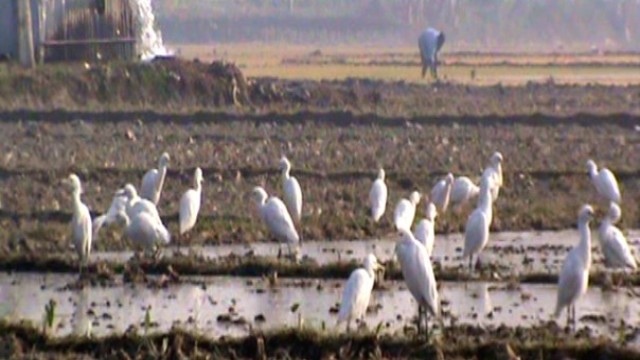

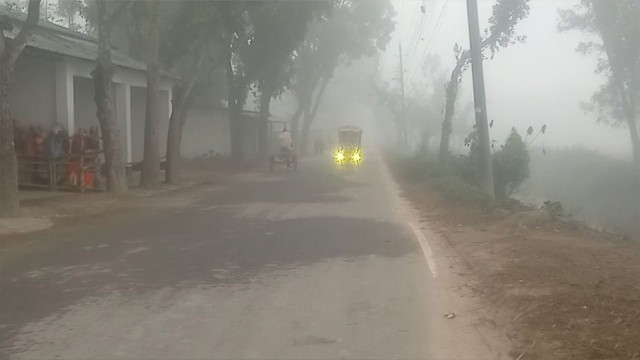

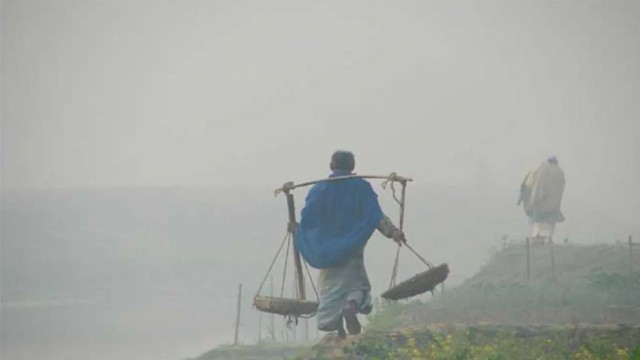
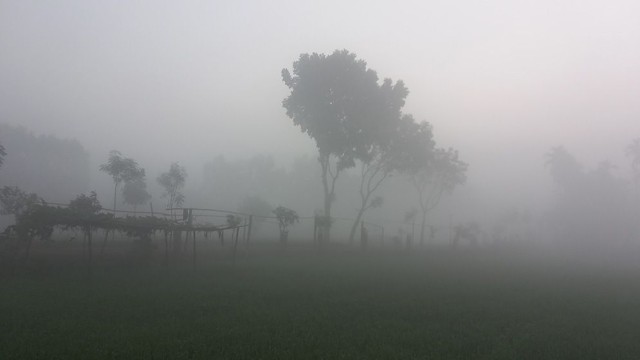
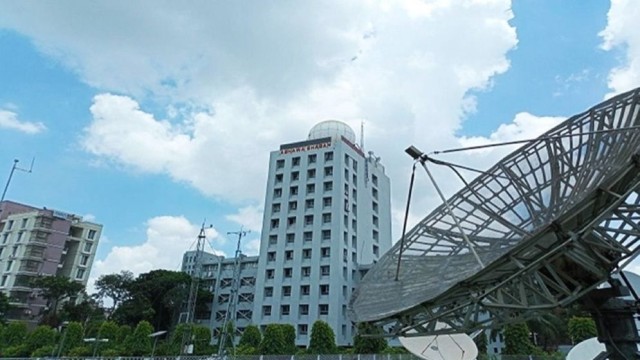
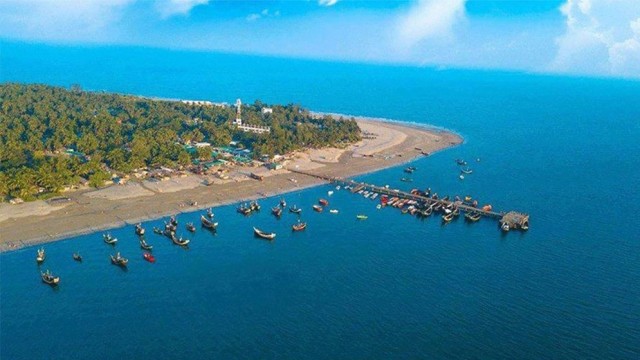





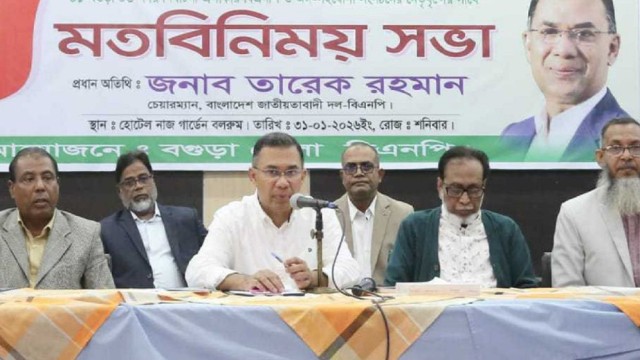








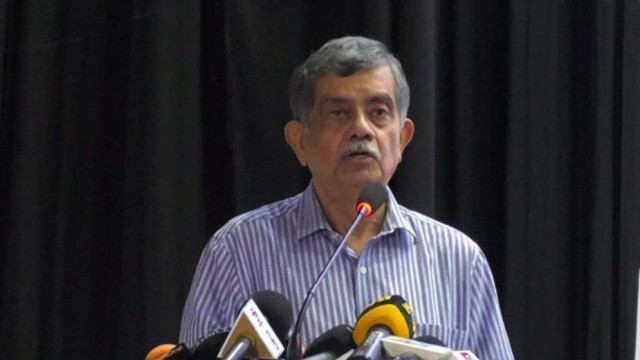



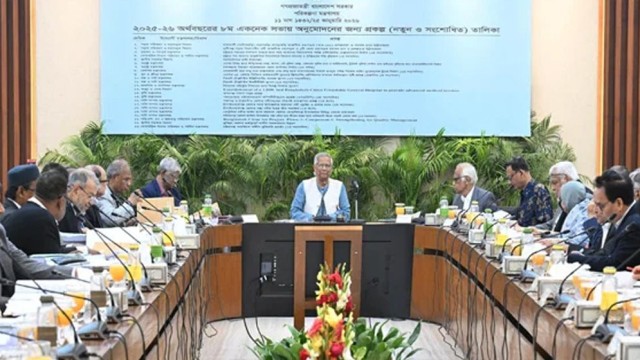

Comment: